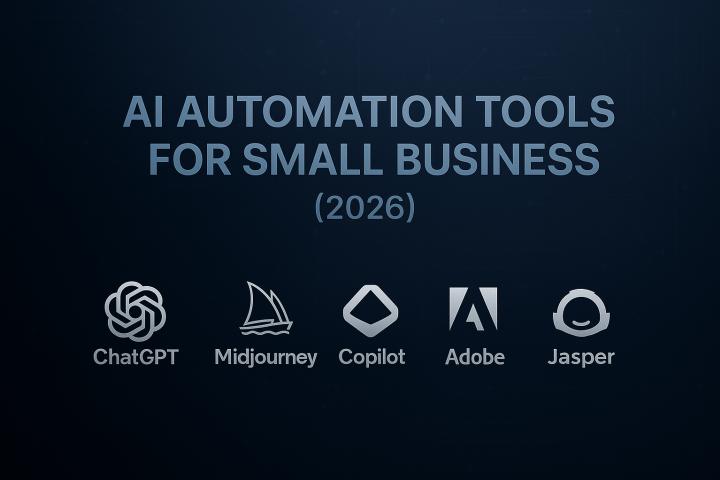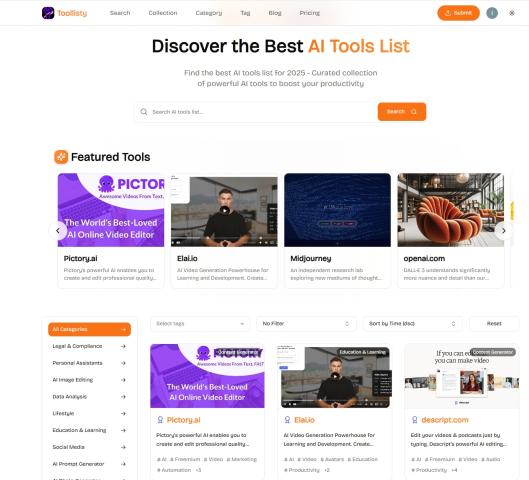Efficiency is crucial for survival in today’s competitive startup ecosystem. Founders are constantly looking for ways to optimize their workflows, reduce costs, and scale operations without dramatically increasing headcount. This is where automation tools come into play—not just as a convenience, but as a fundamental part of modern business strategy.
Beyond Efficiency: The Strategic Edge
Automation is often associated with saving time on repetitive tasks. While this is true, its real value lies in how it allows startups to operate like much larger companies without requiring the same resources. By integrating automation into core operations, startups can focus their energy on strategy, product development, and customer experience rather than getting bogged down in administrative work.
For instance, marketing automation does more than schedule social media posts or send emails—it enables a startup to build personalized customer journeys, analyze engagement data, and refine strategies in real-time. Likewise, automating financial processes, from invoicing to expense tracking, reduces human error and ensures more accurate financial forecasting.
The Human-Automation Balance
Despite its advantages, automation isn't about replacing human effort entirely. The best results come when automation is used to complement human decision-making, not replace it. In customer service, for example, AI-driven chatbots can handle common queries, but complex issues still require human intervention. Similarly, automated data analysis can highlight trends, but strategic business decisions still require intuition and experience.
Successful startups find a balance: they use automation to handle the mundane while allowing their teams to focus on creative and high-impact tasks. This not only increases productivity but also enhances job satisfaction, as employees spend less time on tedious work and more on meaningful contributions.
A Scalable Future
One of the most compelling reasons for startups to embrace automation early is scalability. Many companies face operational bottlenecks as they grow, often because they rely too heavily on manual processes. By building automation into their workflows from the beginning, startups can ensure that growth doesn’t lead to chaos.
Automation tools aren’t just about working faster; they’re about working smarter. For startups aiming to scale efficiently, integrating automation into everyday operations is no longer optional—it’s essential. The key is to adopt the right tools at the right time, ensuring that technology supports business goals rather than dictating them.
In a landscape where agility defines success, automation is more than just a tool—it’s a mindset.


















